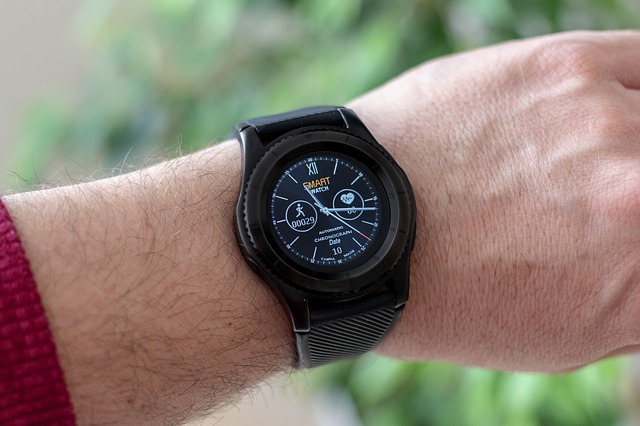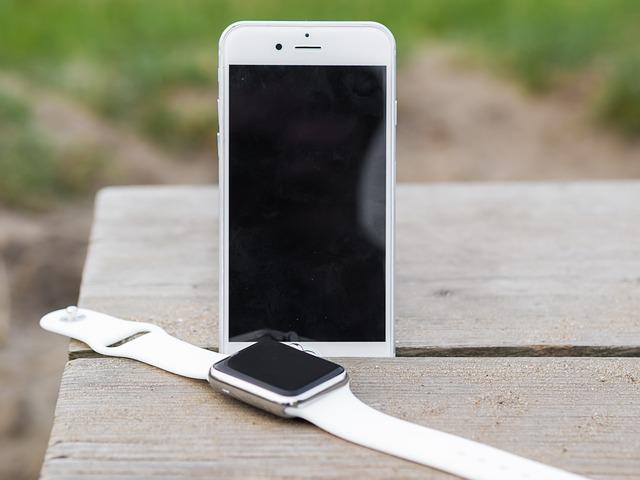Note that some links may require registration or subscription.
More than 140 million Americans, or about 43% of the country, have had COVID-19, according to the CDC’s updated estimates of antibody seroprevalence.
Several at-home rapid antigen tests were effective at detecting Omicron and Delta SARS-CoV-2 variants, preprint data showed. (medRxiv)
The FDA warned not to use three more coronavirus tests: the Standard Q COVID-19 Ag home test, the Acon Flowflex SARS-CoV-2 antigen rapid test, and certain Celltrion DiaTrust COVID-19 Ag rapid tests.
Ukraine is running low on critical medical supplies and has had to stop urgent efforts to curb the country’s recent polio outbreak. (Reuters)
Two doses of the Pfizer vaccine protected kids 5 to 17 against emergency department and urgent care visits when Omicron was predominant, but vaccine effectiveness was lower and waned with time since vaccination. (Morbidity and Mortality Weekly Report)
As of Wednesday at 8 a.m. EST, the unofficial COVID toll reached 79,092,025 cases and 952,509 deaths, up 46,306 cases and 1,988 deaths from this time a day ago.
The CDC is no longer recommending universal case investigation and contact tracing for COVID-19 — such programs have already been halted in roughly half of states. (New York Times)
About one in six people who had hernia repair had a reoperation for recurrence within 10 years of surgery. (JAMA)
NIH asked an advisory panel to undertake a sweeping review of government policies about research on enhanced potential pandemic pathogens, including gain-of-function studies, and dual use research of concern.
Fitness tracker maker Fitbit recalled more than 1 million of its Ionic smartwatches following reports of burn injuries from overheating batteries, the Consumer Product Safety Commission said.
Most Americans said the coronavirus is not yet under control and supported restrictions to try to manage it, a Washington Post-ABC News poll showed. (Washington Post)
In a blow to Nobel Prize winners Jennifer Doudna, PhD, and Emmanuelle Charpentier, PhD — who discovered the CRISPR-Cas9 gene editing technique — the U.S. Patent and Trademark Office said CRISPR patents involving eukaryotic cells belong to the Broad Institute of Harvard and MIT. (Reuters)
Nine days after announcing she had COVID, Queen Elizabeth II appeared well enough to host virtual audiences with foreign ambassadors. (NBC News)
Simulations showed cloth masks were inferior for protection against airborne viral spread compared with non-woven filters like those found in surgical masks and respirators. (Physics of Fluids)
Epigenetic biomarkers may help predict preterm birth. (Scientific Reports)
Pfizer’s Clostridioides difficile (C. diff) vaccine candidate did not meet its primary endpoint of preventing primary C. diff infection in a phase III trial, but showed promise in reducing disease duration and severity, the company said.
Lenacapavir, an investigational long-acting HIV-1 capsid inhibitor, was rejected by the FDA due to problems with the proposed container vial, Gilead Sciences said.
What kind of surprises can you expect with the No Surprise Act? (KHN)
Please enable JavaScript to view the comments powered by Disqus.
Source: https://www.medpagetoday.com/infectiousdisease/covid19/97455



